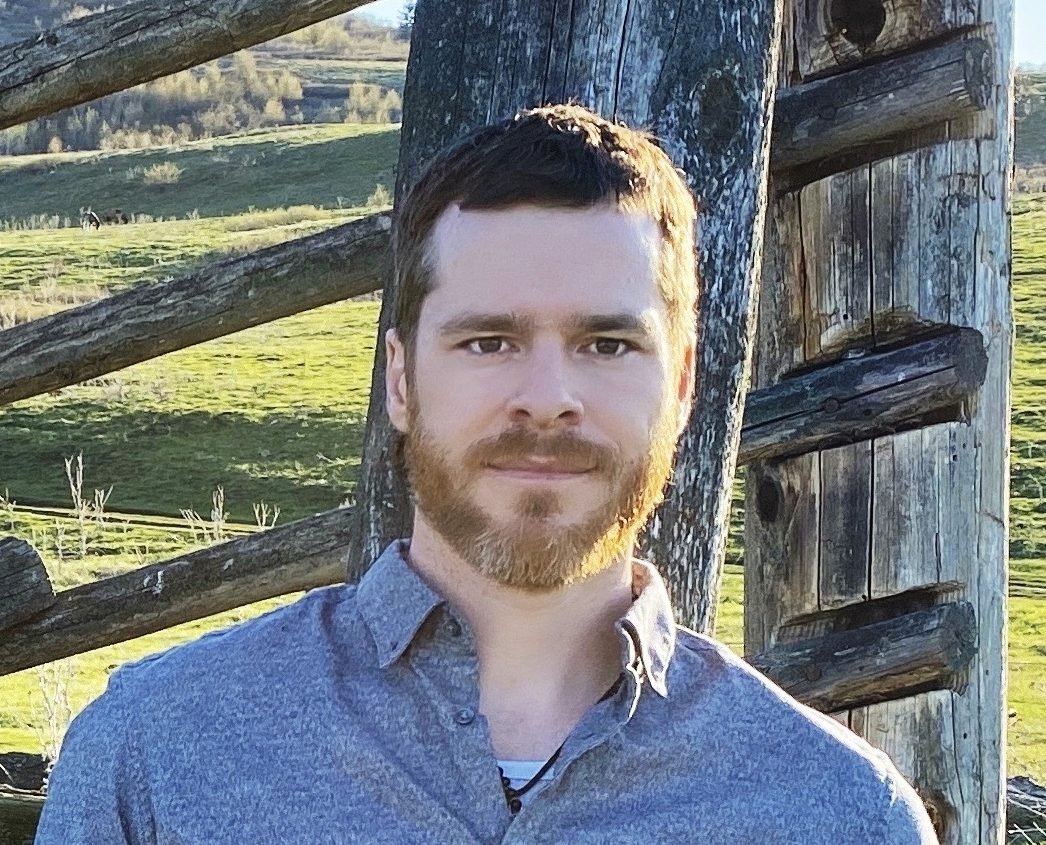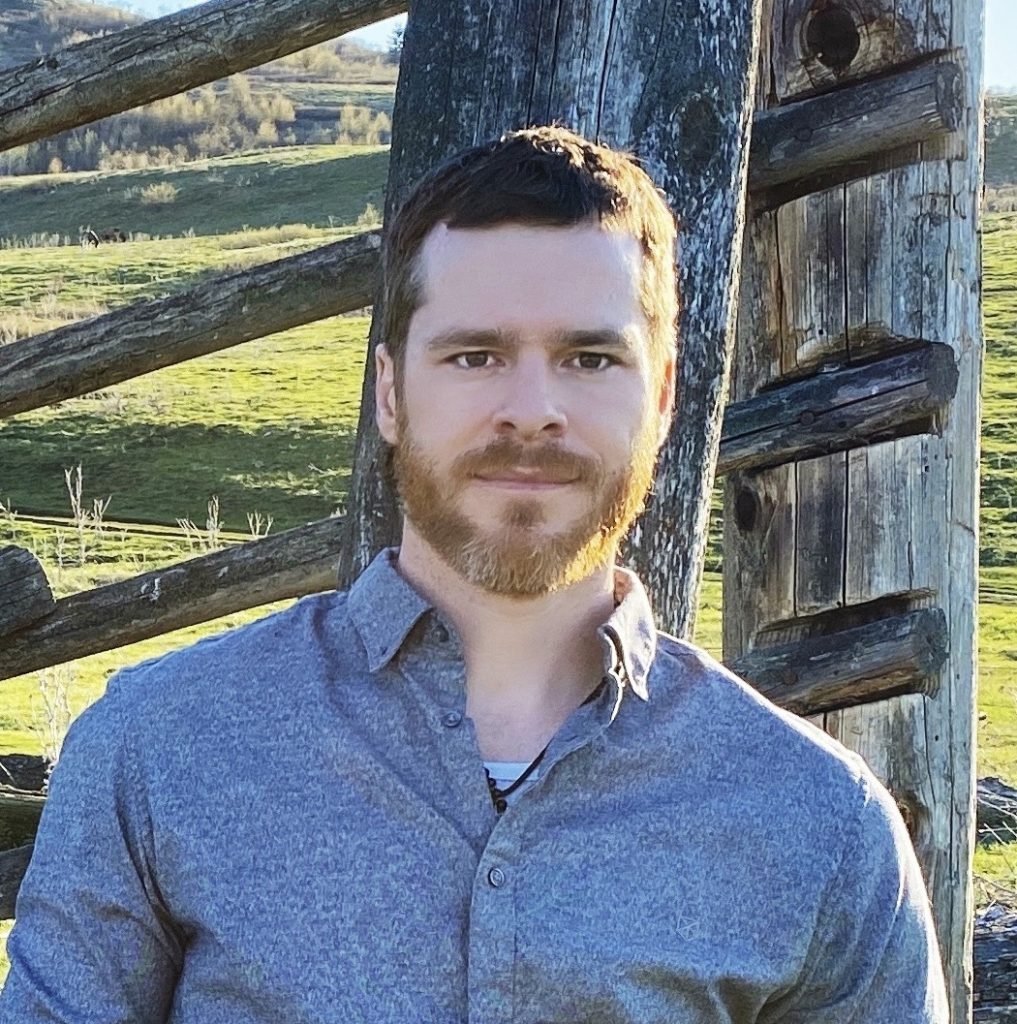We interviewed Kali Hewitt-Blackie on the connection between the mind and body. We wanted to talk about this topic because prioritizing health, both mental and physical, given all the external stresses of 2020 – COVID-19, Black Lives Matter, economic recession, and so forth.

Kali Hewitt-Blackie is a registered psychotherapist and Aikido instructor. Kali has 32 years of clinical experience working from somatic and feminist perspectives, as well as being trained in Gestalt therapy. Kali also is a 5th Dan Aikido martial artist and instructor at Regent Park Community Aikido.
_
In your experience as both a Psychotherapist and martial arts instructor, how do you see the connection between mind and body in overall health?
_
Mind and body are intricately connected, they aren’t entirely separate things like mind-body duality would suggest. A lot of mental illnesses and neurosis are situational such as financial stress, exhaustion, and health issues. Our physical interpretations of these stressors are often dependent on the way we conceptualize stress. Sleep, diet, exercise, and how we think about ourselves are important for maintaining balanced physical and mental health.
_
What drew you to the practice of Aikido?
_
Aikido is not a fighting martial art but is about energy and more specifically, the exchange of energy. It works to balances structure and the importance of adaptability, a skill which can be applied to other circumstances outside of one’s control, such as COVID-19. I find that Aikido also relates to Gestalt psychology in its holistic approach and helps you be in the moment. Anyone can learn it, regardless of physical ability and smaller people have a lot of power in being able to use their agility. Instead of being comparative, in Aikido you need to respond to your partner and move their energy, not push back with force.
_
For young adults who are still developing their own sense of self, what kind of advice would you have for them to build a healthy and sustainable life?
_
COVID is a challenge because you are alone with yourself and your thoughts, but it’s a good time to connect with and get to know yourself. However, it can be challenging if you don’t yet have a good relationship with yourself, yet which may cause issues to arise. While being isolated can be easier for introverts, it is important for everyone to be in touch with themselves. The basics are: get enough sleep, eat better, exercise, sleep, and do what you need to take care of yourself. Getting to know yourself is a life long process.
_
Thank you, Kali, for sharing the excellent advice with us and our readers!
_
How to reach Kali: 416-992-2123 or kalihewittb@gmail.com
Find out more about Kali’s Regent Park Akaido practice here
Book Recommendations from our discussion:
The Body Keeps Score by Bessel van der Kolk
_
For more advice about professional development and student life, check out our weekly podcast or subscribe to our monthly newsletter.




